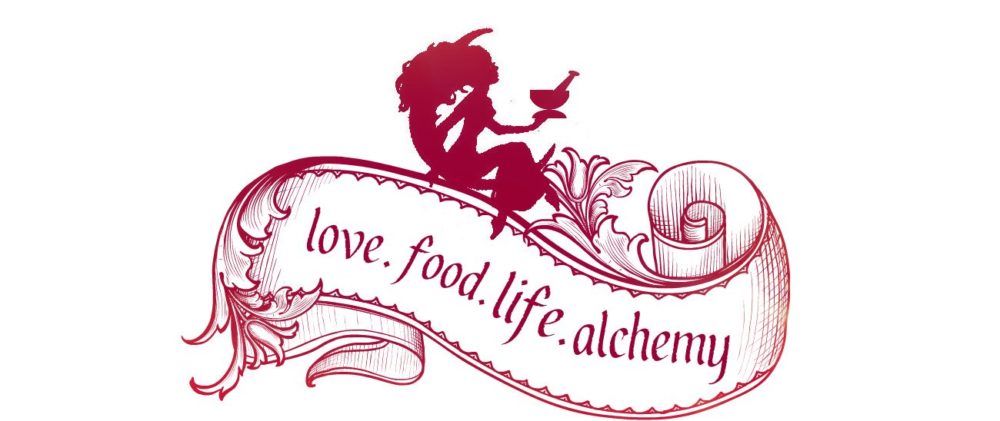We are taking a turn for the more serious this Friday with The Counterfeiters. A 2007 Austrian-German drama film written and directed by Stefan Ruzowitzky, this movie is the true story of the largest counterfeiting operation in history, set up by the Nazis in 1936. It is actually a film based on a 1925 novel by André Gide by the same name. The film won the 2007 Best Foreign Language Film Oscar at the 80th Academy Awards. Yes, we are doing subtitles tonight.
The Counterfeiters depicts the story of Operation Bernhard, the Nazi plot to forge British and American currency during World War II. It was a secret plan by Nazi Germany during the Second World War to destabilize the United Kingdom by flooding its economy with forged Bank of England pound notes. The film starts off in Monte Carlo with the arrival of a German man shortly after the end of the Second World War. After checking into an expensive hotel he takes in the high life of Monte Carlo, successfully gambling in a casino and attracting the attention of a beautiful French woman. Later, she discovers tattooed numerals on his arm, revealing him as a survivor of the Nazi concentration camps. The rest of the film jumps back to the Nazi era.
The film revolves around the character of Salomon Sorowitsch, played by Austrian actor Karl Markovics. Salomon “Sally” Sorowitsch is the king of counterfeiters. He lives a mischievous life of cards, booze, and women in Berlin during the Nazi-era. Suddenly his luck runs dry when arrested by Superintendent Friedrich Herzog. Immediately thrown into the Mauthausen concentration camp, Salomon exhibits exceptional skills there and is soon transferred to the upgraded camp of Sachsenhausen. Upon his arrival, he once again comes face to face with Herzog, who is there on a secret mission. Hand-picked for his unique skill, Salomon and a group of professionals are forced to produce fake foreign currency under the program Operation Bernhard. The team, which also includes detainee Adolf Burger, an activist imprisoned for printing anti-Nazi leaflets. They are given luxury barracks for their assistance. While Salomon attempts to weaken the economy of Germany’s allied opponents, Adolf refuses to use his skills for Nazi profit and would like to do something to stop Operation Bernhard’s aid to the war effort. Faced with a moral dilemma, Salomon must decide whether his actions, which could prolong the war and risk the lives of fellow prisoners, are ultimately the right ones.
SPOILER ALERT
One day the camp guards suddenly announce that the printing machines are to be dismantled and shipped away, which leads the counterfeiters to fear that they will finally be killed. Before anything happens to them, the German guards flee the camp in advance of the Red Army. Starving prisoners from other parts of the camp, armed with confiscated weapons, take over and break into the compound where the counterfeiters had been held in relative luxury. Until the insurrectionists see the well-fed printers’ prison tattoos, they believe them to be SS officers and threaten to shoot them. The counterfeiters then must account for their forging actions to the half-dead prisoners.
The film then returns to Monte Carlo where Sorowitsch, apparently disgusted by the life he is now leading on the currency that he forged for the Nazis, intentionally gambles it all away.
A Fork & A Flick
In the camps, they mainly survived on thin soup and bread, so here is a humble soup recipe for tonight’s dinner as we watch the struggle between survival and principle in The Counterfeiters.
Simple Spinach and Potato Soup
Ingredients
1 medium yellow or russet potato, scrubbed clean and chopped
1 garlic clove, minced
1/2 teaspoon kosher salt
2 cups vegetable stock, chicken stock, or water
1/2 bunch spinach
1 teaspoon lemon juice
1 to 2 large eggs, depending on your appetite
Salt and pepper
Grated nutmeg and yogurt to serve


Method
Combine the chopped potato, garlic, salt, and stock (or water) in a medium saucepan over medium-high heat. Bring to a boil, then reduce the heat to simmer.
While the potatoes start to cook, chop the spinach. Remove any thick, tough stems and chop them into small pieces. Add the chopped stems to the pot with the potatoes and simmer for 2 minutes.
Slice the spinach crosswise into thin ribbons, and add them to the pot with the potatoes and spinach stems. If necessary, add more stock or water to the pot to just about cover the spinach.
Cover the pot and let the soup cook for 8 to 10 minutes. The soup is ready when the potatoes are easily pierced with a fork, and when a ribbon of spinach has become tender, but has not yet become stringy or pulpy. Stir in the lemon juice. Taste and season with more salt and fresh cracked pepper. Also add more stock or water if more broth is desired.
To finish, crack the eggs into measuring cups, and then gently slide them into the soup. Ladle some of the soup broth on top of the eggs to submerge them. Put the lid back on the pot and cook for 4 minutes. When done, the whites of the eggs should be opaque, but the yolk should still be soft. If the eggs break into the soup before they are poached, just use a fork to swirl them into the soup, like egg drop soup.
Carefully spoon the eggs into a soup bowl. Ladle the soup on top. Finish with a sprinkle of nutmeg and a spoonful of yogurt.


